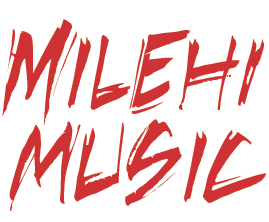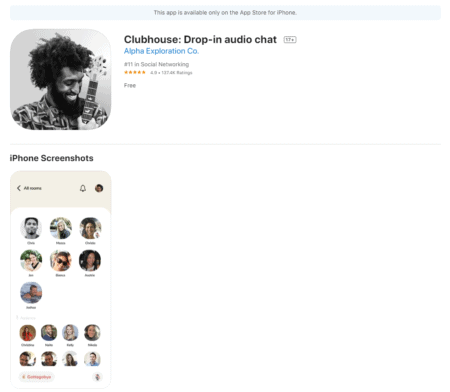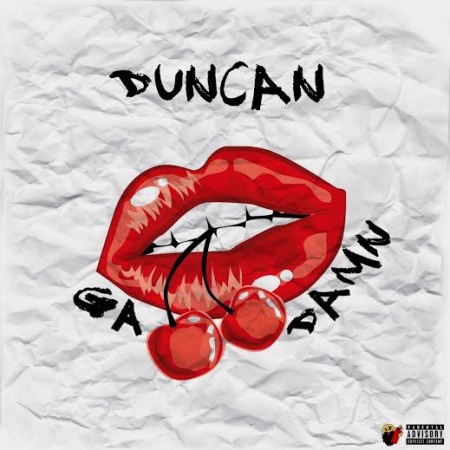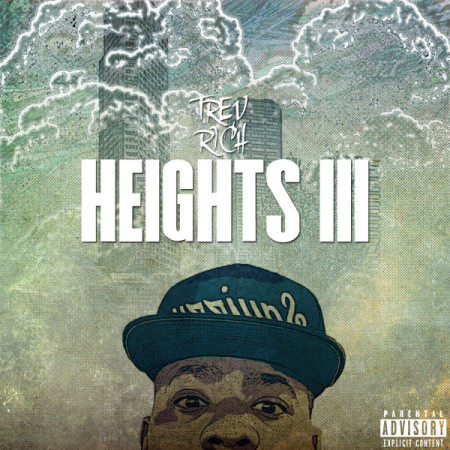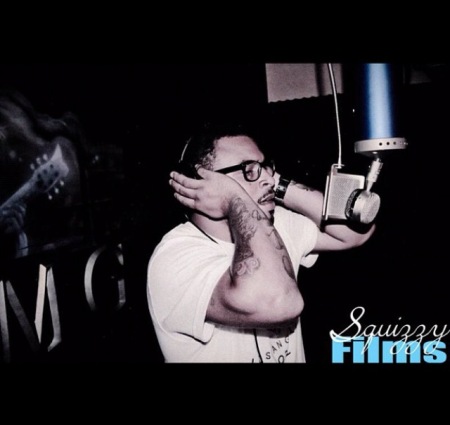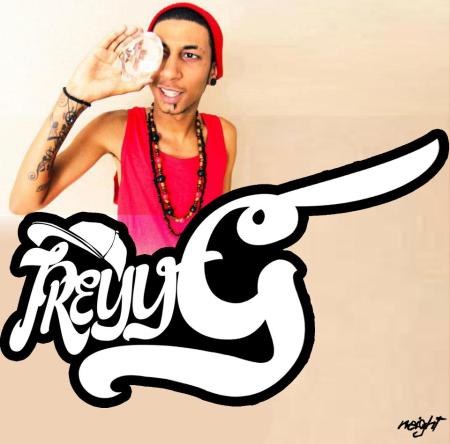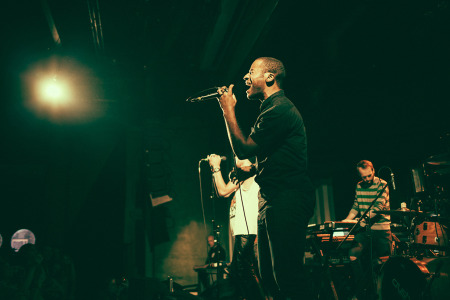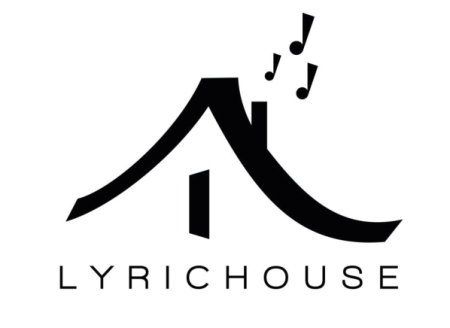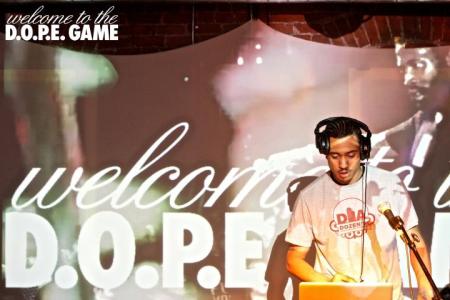“Drilling” ahead and pioneering a new genre of music
By Jonathon Winkler Like a bad cavity, Drill is drilling the shit out of the tooth decaying hip hop scene. With tracks coming from young talent like Lil Bibby and Lil Herb (new release just last month), maybe it is a sign of the time that hip hop is making a drastic swerve away from […]
